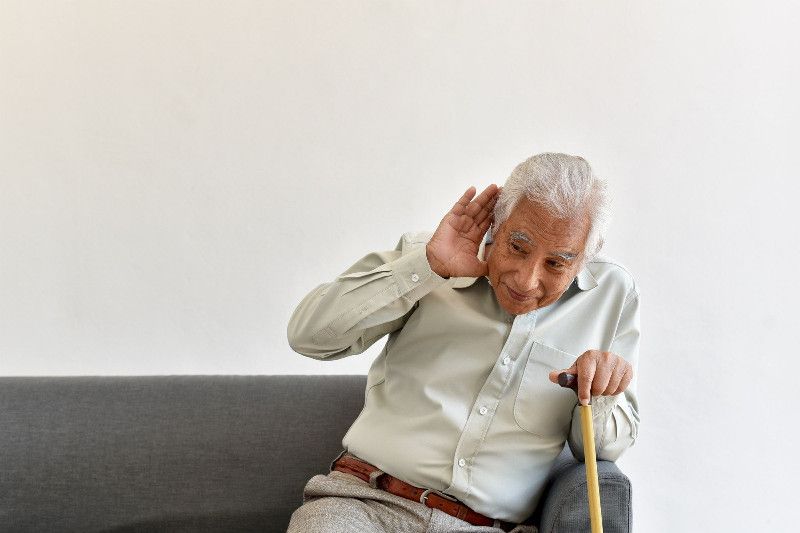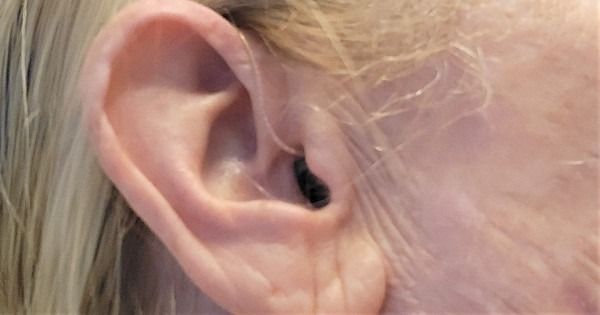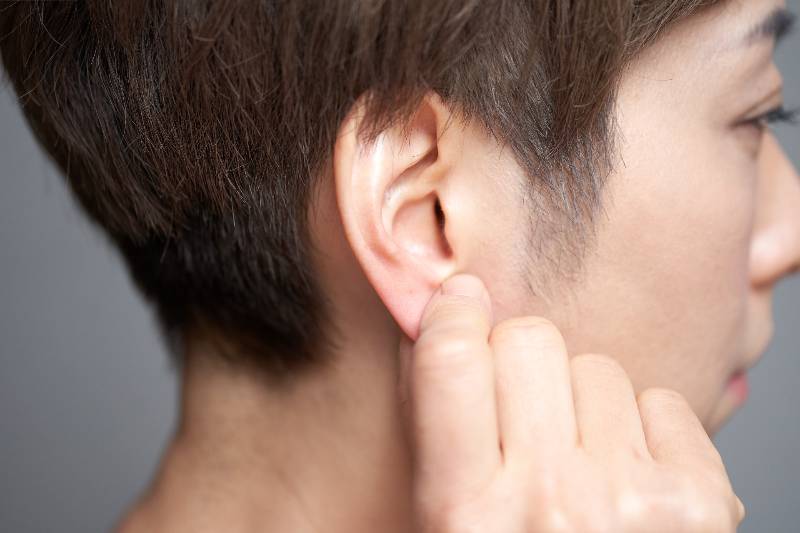Pulsatile tinnitus, characterized by hearing a rhythmic noise in sync with one’s heartbeat, can be particularly concerning for seniors. This blog post aims to delve into the impact of pulsatile tinnitus on the elderly, debunk common myths, provide answers to frequently asked questions, and offer practical management strategies.
Pulsatile Tinnitus in Seniors – Impact on Elderly
For seniors, pulsatile tinnitus can have a significant impact on their quality of life. This condition is often more than just a hearing issue; it can be a source of constant irritation, affecting sleep patterns and leading to increased stress and anxiety. In the elderly, the causes of pulsatile tinnitus often relate to age-related changes in blood vessels, such as atherosclerosis, or hypertension, which can exacerbate the condition.
The impact of pulsatile tinnitus in seniors extends beyond physical symptoms. It can lead to social withdrawal, as individuals may find it challenging to participate in conversations or social activities due to the distracting noise. This isolation can further contribute to feelings of anxiety and depression. Recognizing and addressing the broader impact of pulsatile tinnitus is crucial in the elderly to ensure comprehensive care and improve their overall well-being.
Myths vs. Facts about Pulsatile Tinnitus
Myth: Pulsatile tinnitus is just a normal part of aging. Fact: While age-related changes can contribute to pulsatile tinnitus, it is not a normal part of aging and should be evaluated by a healthcare professional.
Myth: Pulsatile tinnitus in seniors cannot be treated. Fact: There are various treatment options available for pulsatile tinnitus in seniors, depending on the underlying cause. These can range from medication and lifestyle changes to surgical interventions in some cases.
Myth: Pulsatile tinnitus always indicates a serious health problem. Fact: While pulsatile tinnitus can be associated with certain health conditions, not all cases indicate a serious medical issue. However, a proper medical assessment is necessary to rule out potential causes.
Quiz on Pulsatile Tinnitus
What is a common cause of pulsatile tinnitus in seniors?
- A. Exposure to loud music
- B. Age-related blood vessel changes
- C. Ear infections
- Answer: B. Age-related blood vessel changes
Is pulsatile tinnitus a normal part of aging?
- A. Yes, it’s normal.
- B. No, it should be medically evaluated.
- C. Only in individuals over 80 years.
- Answer: B. No, it should be medically evaluated.
Can lifestyle changes help manage pulsatile tinnitus in seniors?
- A. Yes, they can be beneficial
- B. No, they have no effect
- C. Only in combination with medication
- Answer: A. Yes, they can be beneficial
FAQ Section
Q1: What impact does pulsatile tinnitus have on seniors? A1: Pulsatile tinnitus can significantly impact seniors by disrupting sleep, increasing stress and anxiety, and potentially leading to social withdrawal and feelings of isolation.
Q2: Are there effective treatments for pulsatile tinnitus in seniors? A2: Yes, treatment options vary based on the underlying cause but can include medication, lifestyle modifications, and in some cases, surgical interventions.
Q3: Should seniors consider pulsatile tinnitus as a normal part of aging? A3: No, pulsatile tinnitus is not a normal part of aging and should be evaluated by a healthcare professional. It could be a sign of underlying health issues that need attention.
Q4: Can lifestyle changes help in managing pulsatile tinnitus in seniors? A4: Yes, lifestyle changes such as managing blood pressure, reducing salt intake, and stress management can help in reducing the symptoms of pulsatile tinnitus.
Practical Tips and Tricks
- Regular Medical Check-ups: Seniors should have regular check-ups to monitor blood pressure and overall vascular health.
- Manage Blood Pressure: Keeping blood pressure under control is crucial in managing pulsatile tinnitus.
- Healthy Diet: A diet low in sodium and rich in nutrients can support vascular health and potentially reduce tinnitus symptoms.
- Stress Management: Techniques like meditation or gentle yoga can be beneficial in managing stress, which can exacerbate tinnitus.
- Hearing Care: Regular hearing evaluations and addressing any hearing loss can help in managing the overall impact of tinnitus.
References
American Tinnitus Association – Pulsatile Tinnitus
National Institute on Deafness and Other Communication Disorders (NIDCD) – Tinnitus






